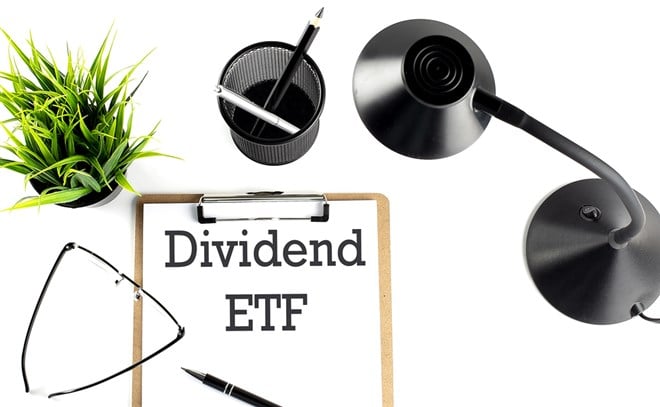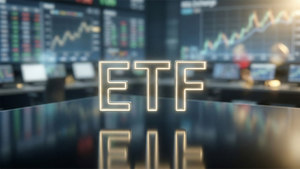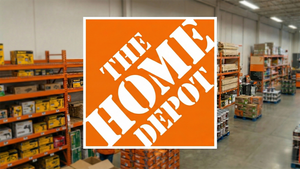
Choosing the best dividend ETF for your needs can be a daunting experience. Moreso when one considers the number of options available to investors.
In saying that, some dividend ETFs stand head and shoulders above others, measured by their total return. In this case, the best dividend ETF is the Schwab U.S. Dividend Equity ETF (NYSEARCA: SCHD), which has delivered a 233.34% total return over the last ten years, also beating the total returns of the S&P 500 over the same period.
A key reason for SCHD’s market-beating performance is that total return captures both capital gains and compound dividend reinvestment. So assuming the dividends paid by SCHD were reinvested into the fund is why it beat the S&P 500. The 10-year average dividend yield of the fund hovers around 3%, which, as a rule of thumb, is sustainable and lucrative.
SCHD is a rules-based ETF that attempts to track the returns of the Dow Jones U.S Dividend 100 Index. In practice, the fund invests in companies that issue safe and high-quality dividends, along with underlying strength in their fundamentals.
So let’s break down the rest of SCHD’s metrics to uncover why it’s a great pick.
Fees
SCHD’s expense ratio, or how much you’d pay yearly to have their funds in the ETF is very low compared to the sector median of ETFs in general. It stands at just 0.06 percent, compared with 0.48 percent.
So how much could you expect to pay if you invested in SCHD for thirty years? Assuming you started with $10,000 and added $1,000 to the ETF every month, with a yearly expected return of 9%, you’d table just $3,689.95 in fees at the end of thirty years. Note that this calculation is for price return only, and not factoring in dividend reinvestment.
The most popular dividend ETFs, like SCHD have expense ratios in the 0.06 percent ballpark. However, these expenses can be quite hefty when you look beyond the ETFs with the highest funds under management (FUM).
For example, the iShares Select Dividend ETF (NASDAQ: DVY) has an expense ratio of 0.38 percent, which is more than six times as much as SCHD’s. With DVY you’d pay $22,489.11 in fees at the end of thirty years, assuming the same contributions and expected returns, leaving you $18,799.16 more out of pocket in direct costs.
The biggest indirect expense, however, from investing in DVY over SCHD may come in the form of an opportunity cost, measured by the difference in compound annual growth rate (CAGR). For the last ten years, SCHD delivered a total return of 233.34%, while DVY returned 209.57%. No other dividend ETFs also beat SCHD in total return, making it its strongest drawcard.
Dividend and risk
If SCHD were a stock, it would be classified as a dividend achiever, as it has made 10 consecutive years of dividend payment increases. The ETF pays dividends quarterly, and its yield stands at 3.42% at the time of writing, thus giving it an annual dividend payout of $2.56. The most recent dividend for SCHD was paid in December last year.
If you had $200,000 to invest in SCHD, you’d receive around $6,920 in dividends at today's prices every year.
And despite the market-beating return through farming a sustainable average yield of around 3%, the fund’s price has been relatively stable, with an annualized volatility of 18.67% compared to 22.13% for the sector median.
Getting in and out of the fund is also easy, thanks to it being extremely liquid. It has $46.85 billion in funds under management and a three-month average daily share volume of 3.36 million.
Holdings
Something to note with SCHD is that around half of its funds are invested in cyclical sectors of the economy, namely financials, industrials, and technology. Money rains down on companies in these sectors when times are good, but when times are bad, the inverse occurs.
In saying that, some of the fund’s largest holdings are in defensive stocks like Coca-Cola (NYSE: KO), PepsiCo (NASDAQ: PEP), Home Depot (NYSE: HD), and pharmaceutical company Merck & Co Inc (NYSE: MRK), with around a 4% contribution each.
Since it’s apparent that the stock market’s longest bull market in history has ended or at least paused momentarily, it remains to be seen how SCHD will fare in a very different macro environment. Over the last decade, we have not seen the ugly side of these cyclical sectors.





